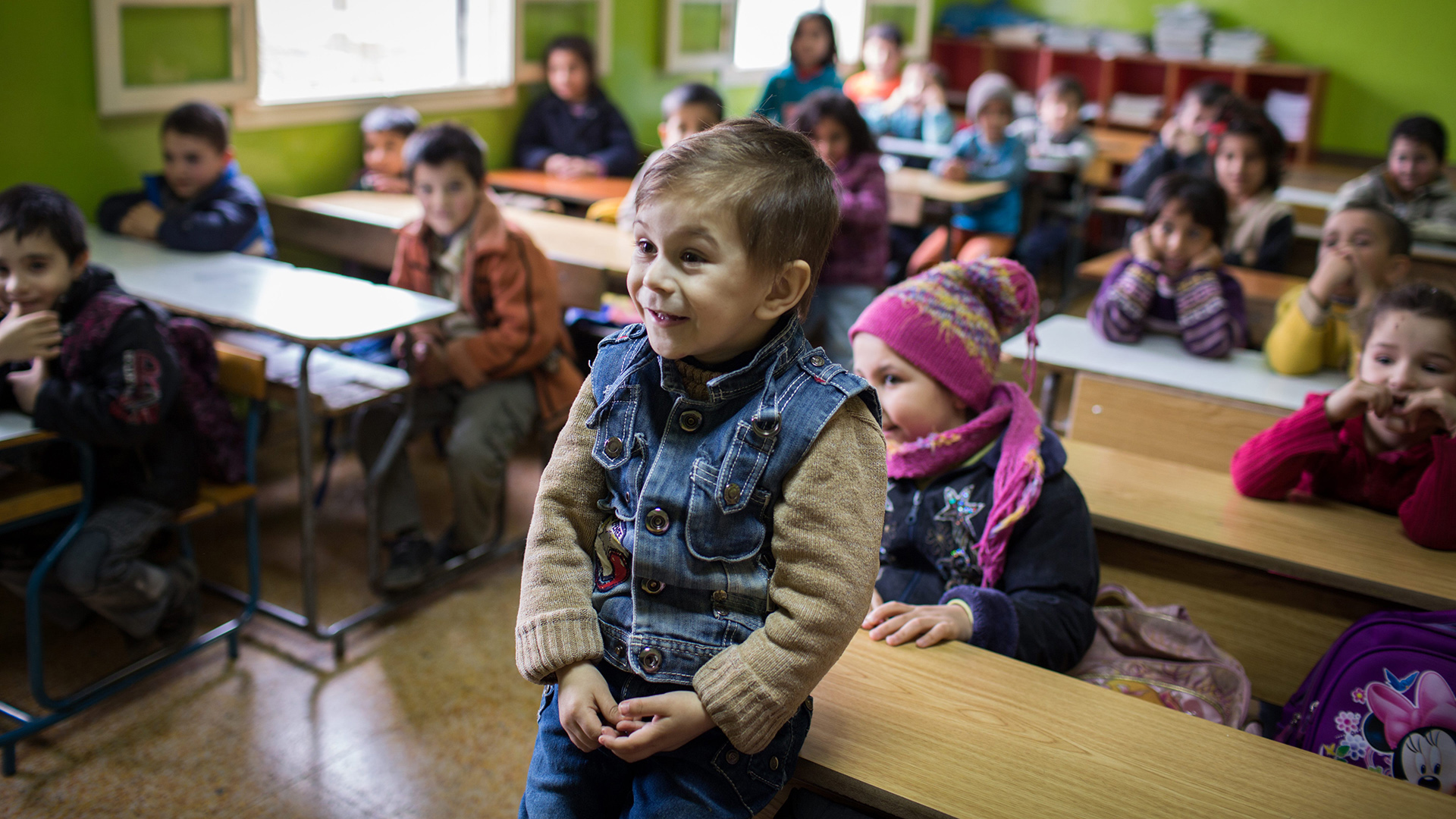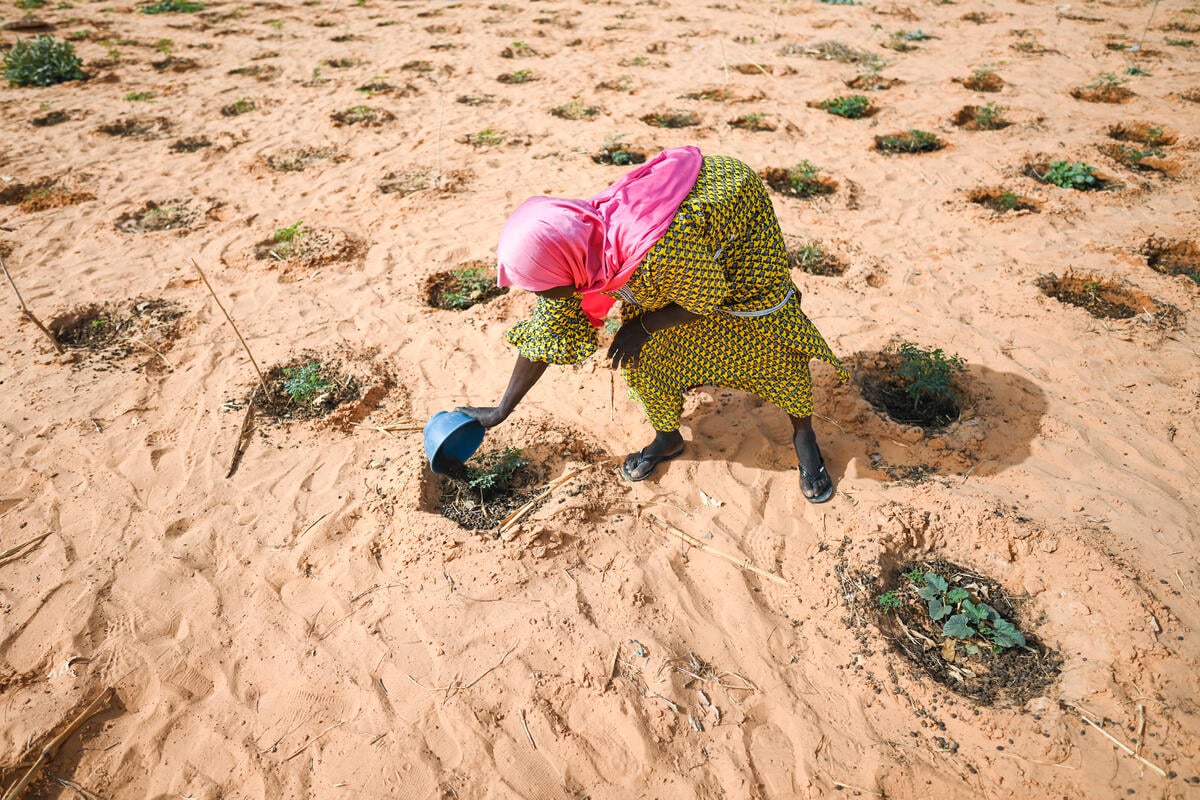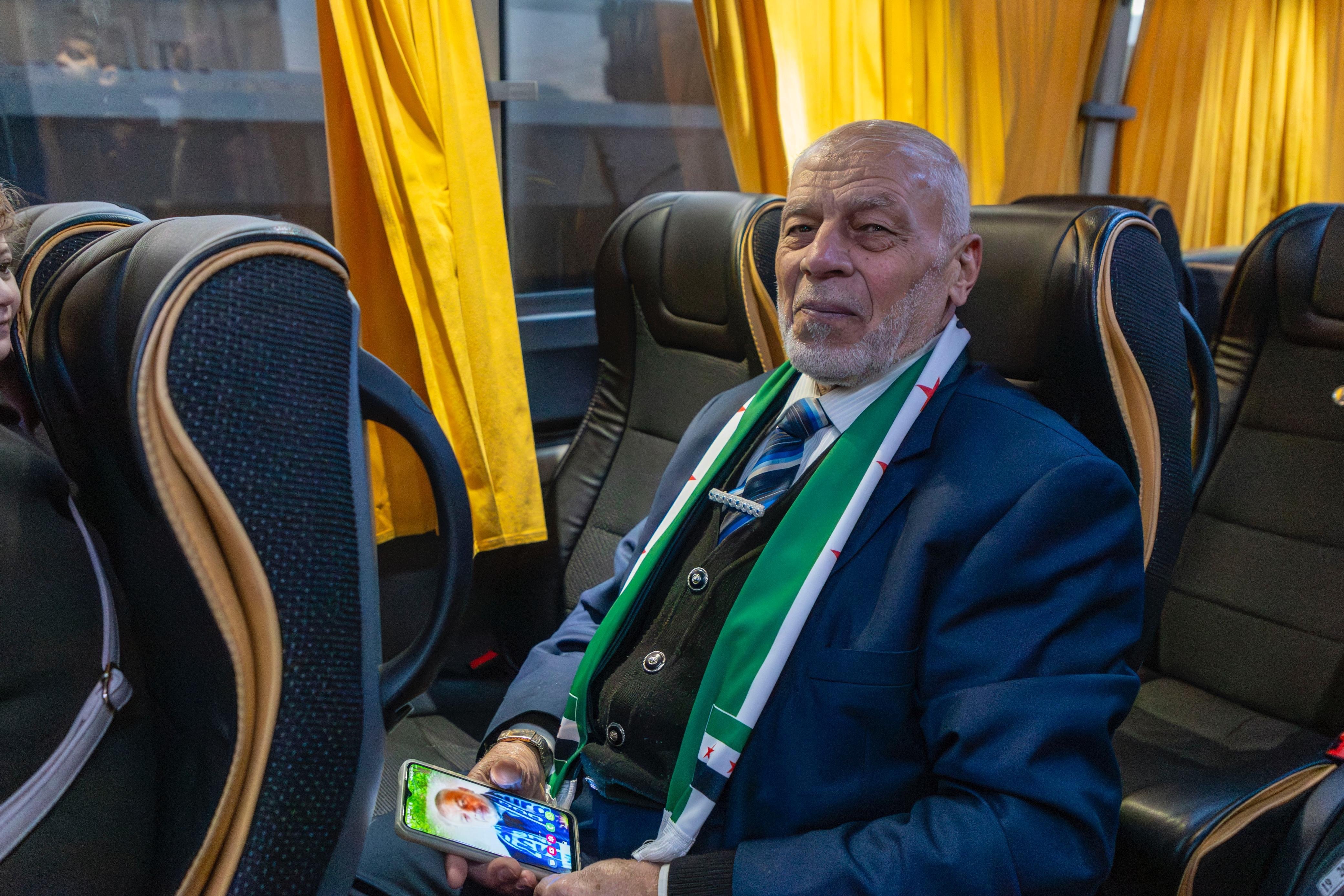The boy who stopped growing
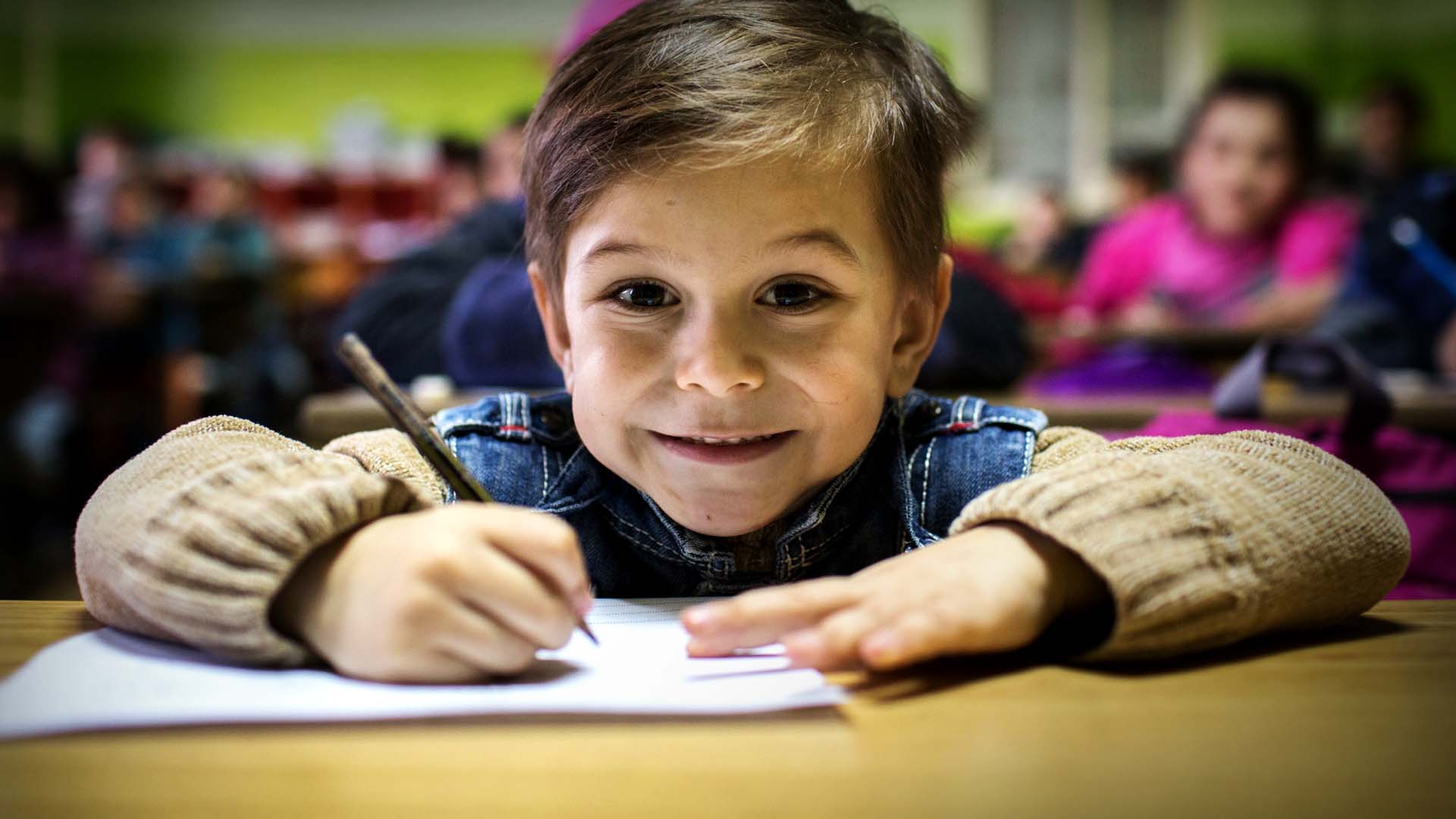
The boy who stopped growing
I meet Omar for the first time at school. He looks smaller than the other children and his voice is softer, but he is easily the most popular pupil – beloved by teachers and schoolmates alike.
It doesn't take long before he charms me, too, with his intelligence, eloquence and larger-than life personality. I've come here to Tripoli, in northern Lebanon, to film him for a short video. Although he's quite shy at first, I later find out that he went home excited, telling his mother in great detail how he wore a microphone to record audio and spoke French on camera. French is his favourite subject at school.
Omar is precocious, but that's not the only reason he seems so mature for his size. My best guess would put him at age five, but he is actually seven years old. His parents tell me he suffers from a growth hormone deficiency, the result of a dysfunctional pituitary gland. Also known as the "master gland," it regulates many bodily activities, including growth.
In Syria, he was receiving regular hormone and vitamin treatment to help him grow. But here in Lebanon, where his family took refugee two years ago to escape deadly bombings near their home in Idlib, the treatment is too expensive even for aid organizations to cover.
Omar's parents tell him eating will help him grow, but food can only do so much. I can see the worry in their faces. They know that if their son doesn't get his hormone treatment he will grow mentally, but not physically, and will fail to reach puberty. But Omar is too young to truly understand the consequences.
“I can see the worry in their faces. But Omar is too young to truly understand the consequences.”
At home with his family, I ask him about his memories of Syria. What would this young boy of seven recall? Playing with friends? Or perhaps his bike, the one he loved so much? The answer shocks us all, even his mother, who gasps when she realizes the conflict's impact on her son. "I remember when my uncle Ahmed was killed," Omar says, softly. "He was hit with three bullets. One in his leg, one in his back, one in his shoulder. Then a lot of blood came out."
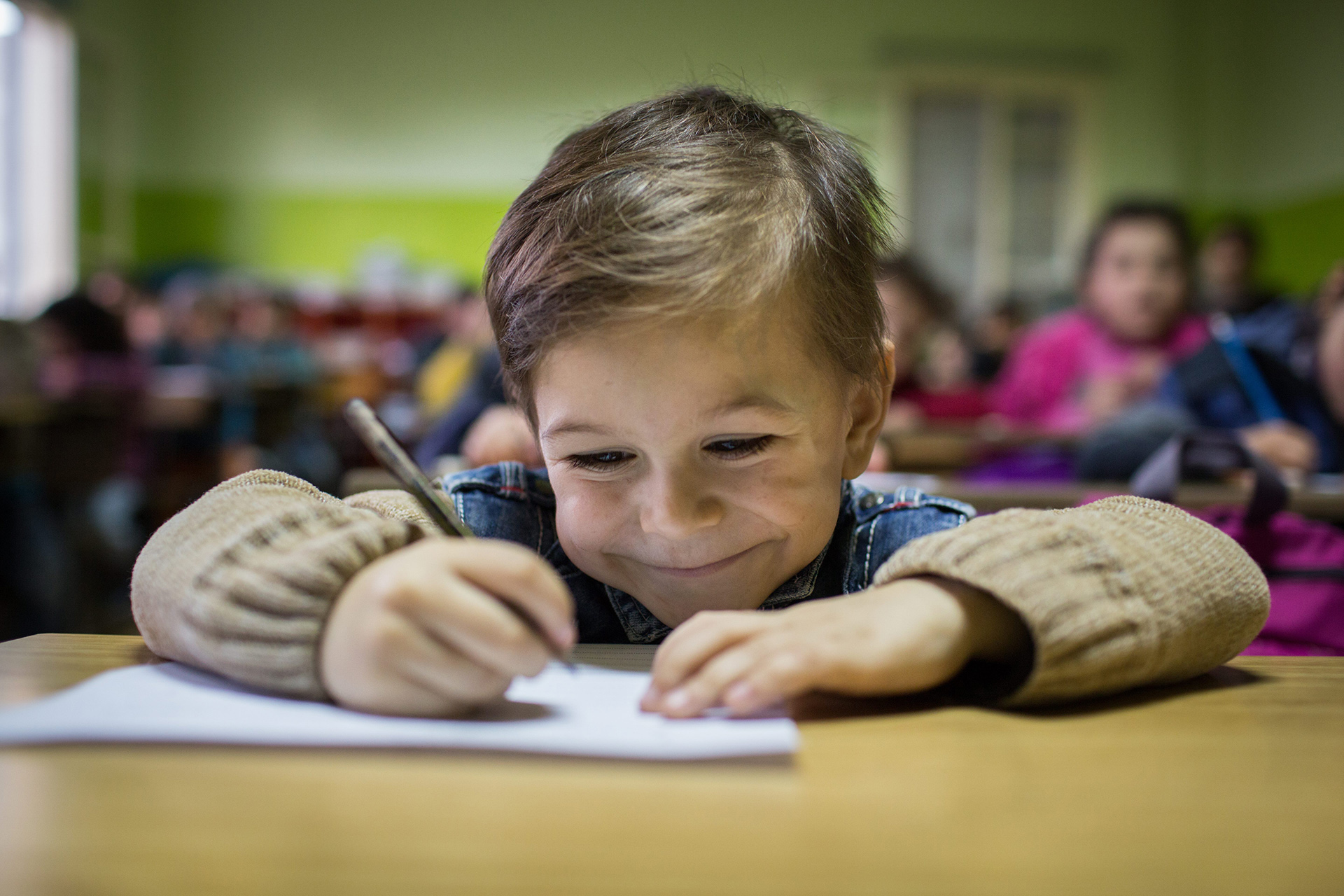
In an effort to encourage him, Omar's parents have started paying him for the things he eats. The more lighthearted moments I witness are when Omar haggles with his father about the money he is owed; he complains that he will be unable to spend on his mother and sisters if his dad keeps withholding it from him.
Thankfully, there is hope for young Omar. He and his family are now being considered for resettlement in Europe, where his treatment can be paid for in full. It would mean moving far from home – further, even, than Lebanon – but for this loving, tight-knit family, it is Omar's only and best chance to continue to grow.

